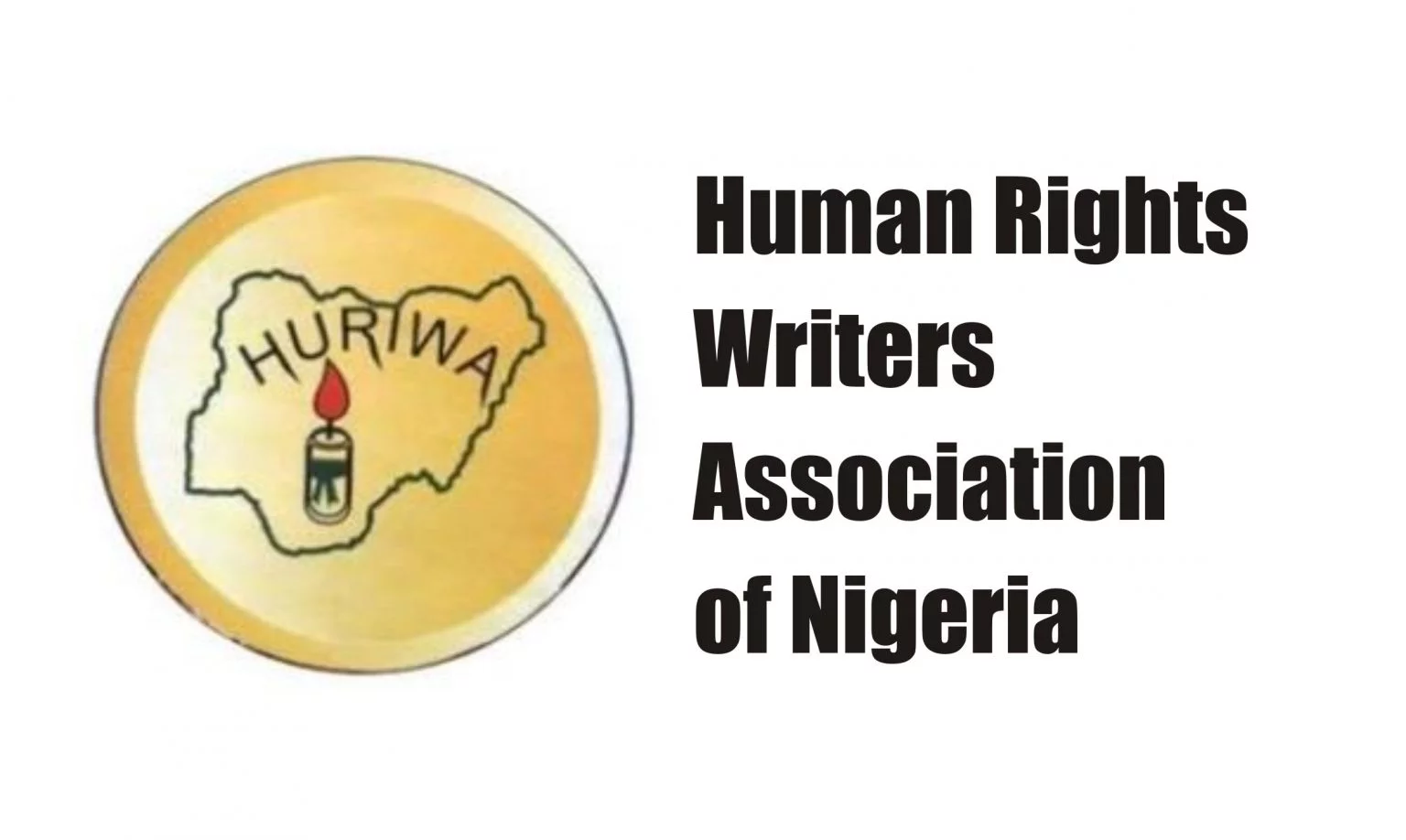By Milcah Tanimu
The Human Rights Writers Association of Nigeria (HURIWA) has strongly criticized President Bola Tinubu’s recent economic policies, accusing him of compromising Nigeria’s sovereignty. This backlash follows Tinubu’s shift in policy, which contrasts sharply with his previous opposition to similar measures during former President Goodluck Jonathan’s tenure.
HURIWA highlighted that Tinubu, once a vocal critic of the International Monetary Fund (IMF) and World Bank, has now adopted policies that he once condemned. Before becoming President, Tinubu, alongside other prominent figures like then-opposition leader Muhammadu Buhari, had strongly opposed IMF and World Bank recommendations, such as subsidy removals and Naira devaluation, arguing these would destabilize Nigeria’s economy and erode its sovereignty.
However, since taking office, Tinubu has embraced these policies, leading to accusations of hypocrisy from critics who view his shift as a betrayal of his former principles. HURIWA argued that Tinubu’s current endorsement of IMF and World Bank measures represents a significant departure from his earlier stance, undermining Nigeria’s economic independence.
The association contended that by adopting foreign-influenced economic policies, the current administration is ceding control over Nigeria’s financial system to external forces. They warned that this shift not only diminishes the nation’s economic autonomy but also makes Nigeria vulnerable to international economic pressures.
HURIWA also connected these economic policies to broader security issues, arguing that the failure to secure Nigeria’s borders effectively is linked to the administration’s economic strategies. They claim that insufficient border security has allowed armed groups and criminals to penetrate the country, further threatening Nigeria’s sovereignty.
The association urged the government to adhere to the Central Bank of Nigeria (CBN) Act, which mandates efforts to stabilize the Naira, and to enhance border security to prevent the infiltration of terrorists and smugglers. They drew comparisons with other countries like the United States, Canada, Australia, and the United Kingdom, which have successfully maintained their economic and territorial sovereignty by prioritizing national interests and resisting external pressures.
HURIWA’s statement concluded by advocating for a return to policies that focus on strengthening Nigeria’s economic stability and border security to safeguard national sovereignty and ensure a more secure and prosperous future.

Leave a Reply